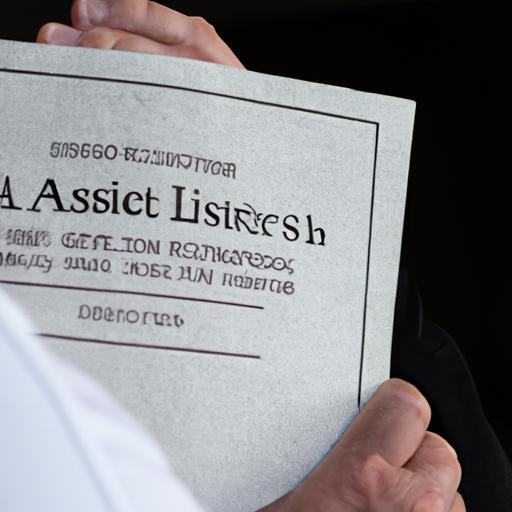Introduction
asbestos claims after death are a crucial aspect of seeking justice for individuals who have succumbed to the devastating effects of asbestos exposure. But what exactly do these claims entail? In essence, asbestos claims after death refer to legal actions taken on behalf of a deceased individual who suffered from asbestos-related illnesses or fatalities. These claims serve as a means of holding responsible parties accountable for their negligence and providing compensation to the surviving family members.
The importance of pursuing asbestos claims after a loved one’s passing cannot be overstated. Not only does it seek to seek financial compensation for the emotional and financial burdens incurred due to asbestos-related illnesses, but it also aims to raise awareness about the dangers of asbestos exposure and prevent future incidents. By pursuing these claims, you are not only honoring the memory of your loved one but also contributing to the broader fight for justice and accountability in cases of asbestos-related harm.
Compensation for Asbestos Claims After Death
Types of Compensation Available for Asbestos-Related Claims
When pursuing asbestos claims after the death of a loved one, it is crucial to understand the types of compensation that may be available. Compensation for asbestos-related claims can vary depending on the circumstances of the case but commonly includes economic damages such as medical expenses, funeral costs, and lost income. Additionally, non-economic damages such as pain and suffering, loss of companionship, and emotional distress may also be considered in asbestos-related claims.
Factors That May Impact the Amount of Compensation Awarded
Several factors can influence the amount of compensation awarded in asbestos claims after death. The severity of the asbestos-related illness, the extent of the deceased individual’s suffering, and the financial losses incurred by the surviving family members are all critical factors that may be taken into account when determining compensation. Additionally, the jurisdiction in which the claim is filed, the strength of the evidence presented, and the legal representation obtained can also impact the final compensation amount awarded in asbestos-related claims. Understanding these factors can help ensure that you receive fair and just compensation for your loved one’s asbestos-related death.
Conclusion
As we conclude this discussion on asbestos claims after death, it is crucial to emphasize the significance of seeking justice for loved ones who have suffered from asbestos-related illnesses. Pursuing these claims is not just about financial compensation; it is about holding accountable those responsible for the negligence that led to such tragic outcomes. By taking legal action on behalf of a deceased loved one, you are not only fighting for their rights but also advocating for a safer and more responsible future.
Remember, the process of filing asbestos claims after death may seem daunting, but with the right legal counsel and support, you can navigate through it successfully. The documentation and evidence required for a successful claim play a vital role in securing the compensation and justice your loved one deserves. By understanding your legal rights and options and being aware of the statute of limitations, you can take the necessary steps to seek justice and closure in the face of asbestos-related tragedies. Let us stand together in the fight against asbestos exposure and ensure that those affected receive the support and compensation they rightfully deserve.
